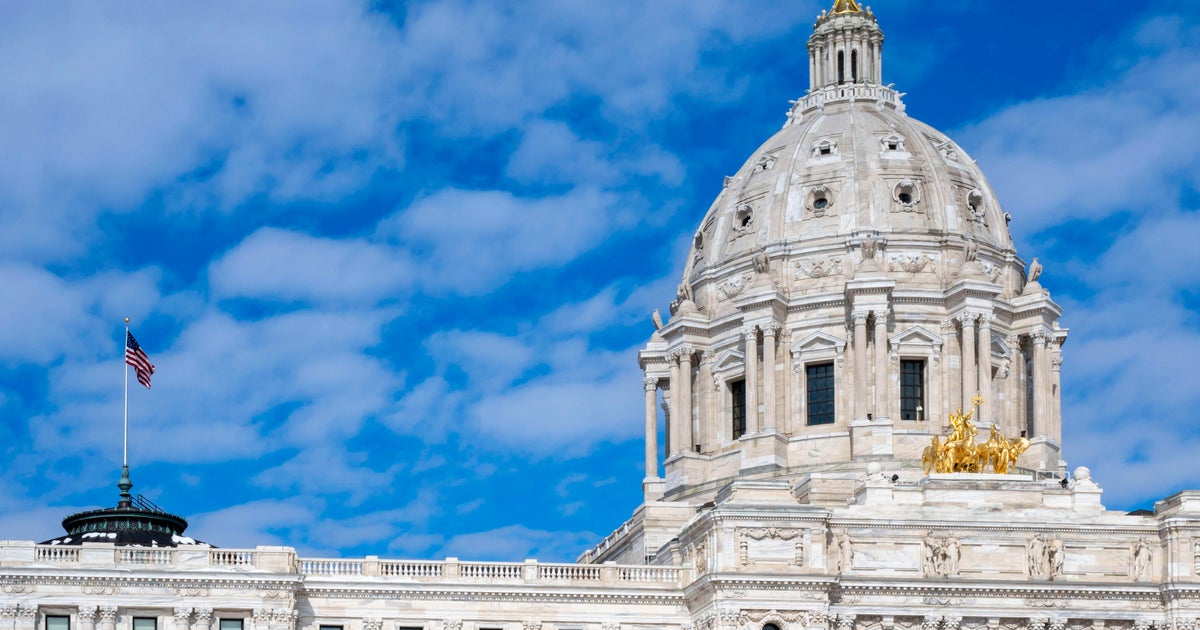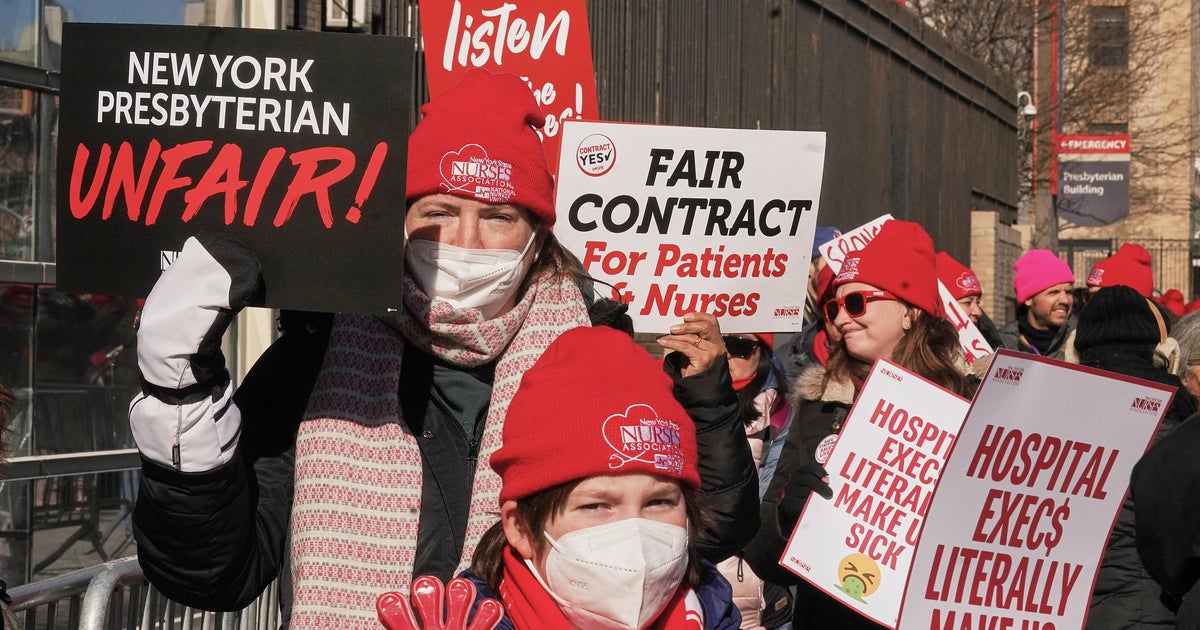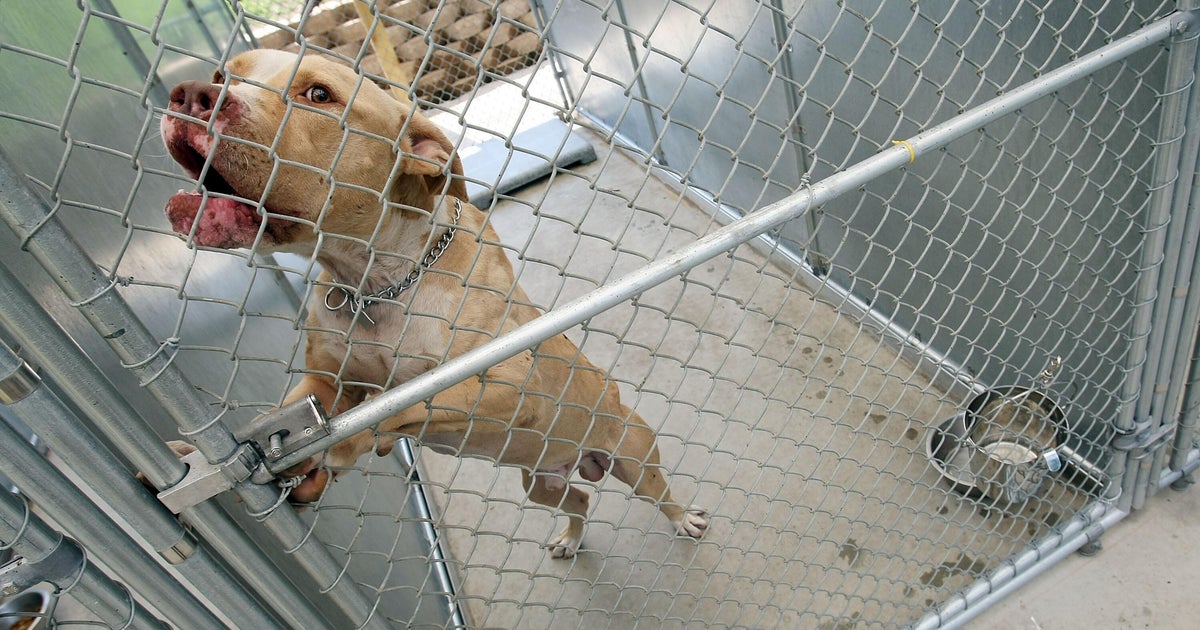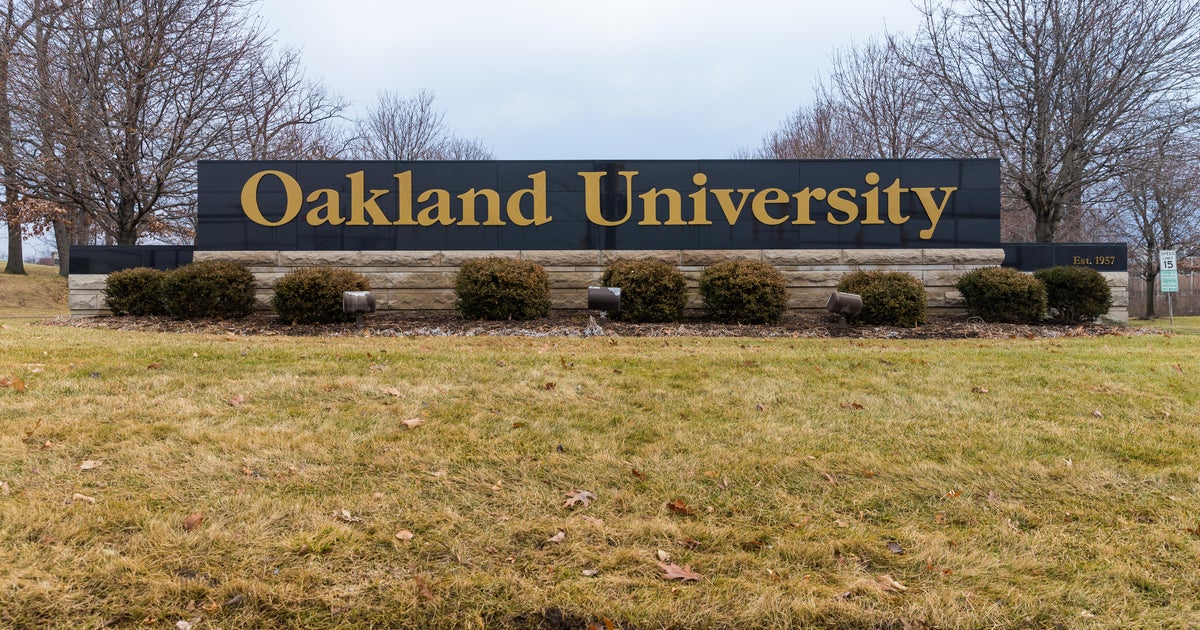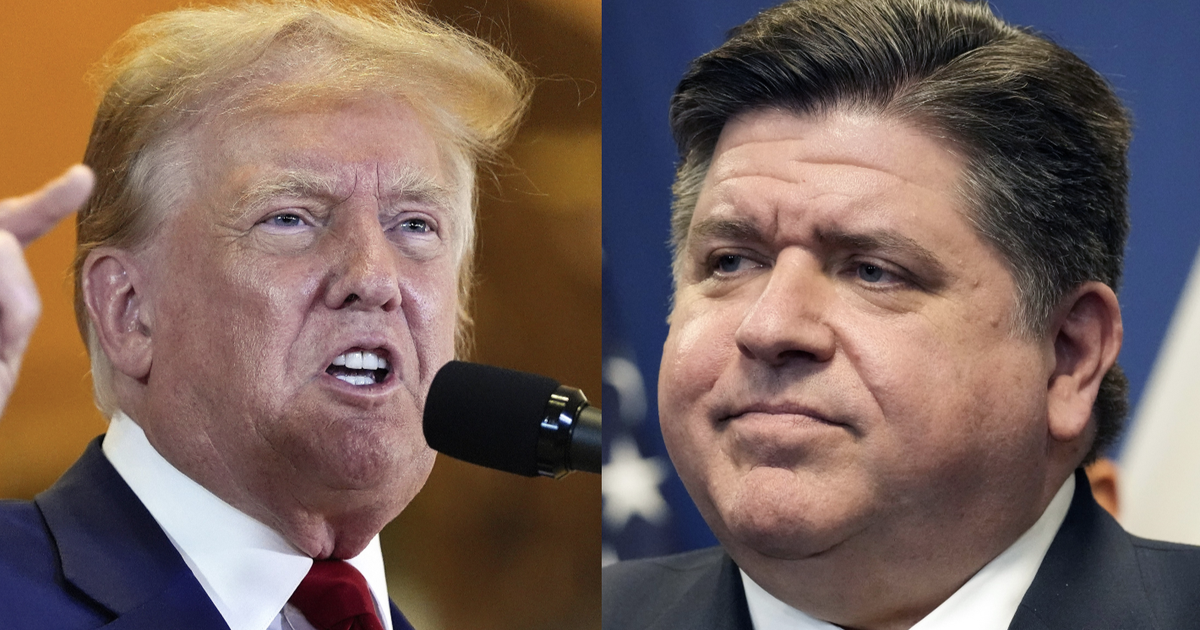House passes legislation to avert rail shutdown
The House on Wednesday approved legislation to avert a rail shutdown following a grave warning from President Joe Biden about the economic danger posed by congressional inaction.
By a 290 to 137 vote, the House passed the tentative rail agreement that will prevent a rail strike. The vote was largely bipartisan, with 79 Republicans joining Democrats in voting for the bill. Eight Democrats voted against the bill.
The House used an arcane procedure to pass the bill so that it can include language to give railroad workers paid leave, in a separate subsequent vote that progressives had called for. But, because it's a procedure, the Senate can vote on the original measure without considering the paid leave component and won't have to send it back to the House.
Without congressional action, a rail strike would have become a reality as early as December 9, causing shortages, spiking prices and halting factory production. It could also disrupt commuter rail services for up to seven million travelers a day and the transportation of 6,300 carloads of food and farm products a day, among other items, according to a collection of business groups.
A freight rail strike could cost the US economy $1 billion in its first week alone, according to a new analysis from the Anderson Economic Group.
As a result, Biden has pushed Congress to "immediately" pass the legislation to avert a shutdown.
The strategy of two different votes could give Democrats cover with the left angry at the lack of paid sick leave without jeopardizing passage of the bill in the Senate. That's because if they were to add sick leave to the bill implementing the railway deal it would almost certainly cost them critical GOP support in the Senate and could sink the bill.
Biden's warning
Calling himself a "proud pro-labor President," Biden said in his Monday statement, "I am reluctant to override the ratification procedures and the views of those who voted against the agreement. But in this case -- where the economic impact of a shutdown would hurt millions of other working people and families -- I believe Congress must use its powers to adopt this deal."
A rail shutdown, Biden warned, would "devastate the economy."
While Biden said Tuesday he was "confident" a rail strike would be avoided after meeting with the top four congressional leaders, at least two House Democrats -- Reps. Cori Bush of Missouri and Jamaal Bowman of New York -- have already come out and said they don't believe the bill goes far enough and needs to include paid leave.
House Speaker Nancy Pelosi told CNN "we'll be fine" when asked if there's enough votes for Democrats to pass the legislation, while House Majority Leader Steny Hoyer offered, "We're counting."
When pressed on whether he will likely need Republican votes to pass the legislation, Hoyer said "Yeah. We'd like to have Republicans. We think this is going to be a bipartisan vote."
Uncertain future in the Senate
Once passed, Senate action could occur later this week or next, several Senate sources have told CNN. The Senate is expected to have the votes to break a filibuster on the bill to avert a potential railway strike, the Senate sources also said.
There are likely to be at least 10 Republicans who will vote with most Senate Democrats to overcome a 60-vote threshold.
But any one senator can slow the process down as timing agreements to move along legislation typically require unanimous consent from all 100 members of the chamber.
Vermont Sen. Bernie Sanders, an independent who caucuses with Democrats, tweeted Tuesday evening, "At a time of record profits in the rail industry, it's unacceptable that rail workers have ZERO guaranteed paid sick days."
"It's my intention to block consideration of the rail legislation until a roll call vote occurs on guaranteeing 7 paid sick days to rail workers in America," Sanders said.
Additionally, several Republican senators said Tuesday they are still weighing whether to back the legislation. Some said they are worried about what might be included in the final version of the legislation.
"We're going to have look at the particulars of whatever bill might come before us," said Indiana Republican Sen. Todd Young. "I haven't seen the legislation."
Alaska Republican Sen. Dan Sullivan, meanwhile, said he had "to get up to speed" on the issues before deciding. "I'm usually someone who supports the working man on a whole host of issues, but I don't have a lot of knowledge on the details yet," he said.
And Sen. Josh Hawley, a Republican of Missouri, also refused to state his position, and pointed to divisions across the aisle. "My understanding is my Democratic friends don't agree on what needs to be done, so let's see what happens," he said.
One member of the GOP leadership, Sen. Deb Fischer of Nebraska, warned a rail strike would be "devastating" to the economy and would "hurt people." She said she expects to back the bill.
"I think it's important to see what comes over from the House, and I anticipate I will be voting in in favor of it," she said. "We do not need to see a strike happen that could have such negative impacts on families."
This story and headline have been updated with additional developments Wednesday.
